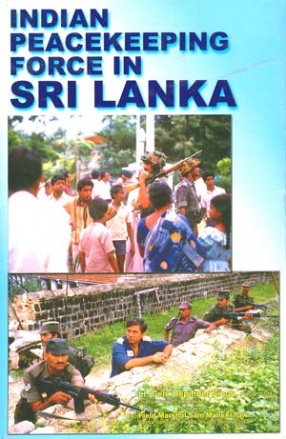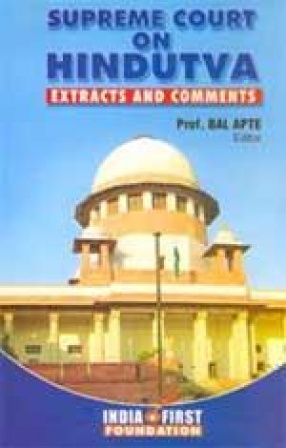The Politics of Sikhs
Synopsis
This book is an attempt to understand the political perceptions of Delhi Sikhs through a study of the Delhi Sikh Gurdwara Management Committee (DSGMC). As religion and politics still continue to remain mixed up in the dominant Sikh approach to life, the DSGMC, a religious organization of the Sikhs of Delhi, has political overtones also and reflects the political outlook of Delhi Sikhs as well as their relationship with the Indian state. The book analyses the structure and organization of DSGMC, its leadership base, the issues it takes up, its methods of struggle, extent of its power of mobilization and the degree of success it achieves in the realization of its demands. The position of Delhi Sikhs is paradoxical: as a religious community, they are a part of the main body of Sikhs in Punjab and yet have the obligation to live on their own in Delhi where they are in a microscopic minority. This position of Delhi Sikhs creates conflicting tendencies in them: they can’t help being influenced by the developments in Punjab but because of the unique interests they have developed in Delhi, they can’t approach these developments in the same way as the Punjab Sikhs do. In fact, notwithstanding the religious unity of Sikhs of the two places, their political situations and the consequent perceptions are widely different. Being in a microscopic minority and economically affluent, the Sikhs of Delhi are gradually developing an ethos and political outlook which are markedly different from those of Punjab Sikhs. In fact, unlike the Punjab Sikhs, they do not entertain political ambitions and try to avoid confrontation with the government. This pacifist approach of Delhi Sikhs reflects their tendency to cooperate with and accommodate themselves to the Government of India. The attitude of DSGMC leadership to the Akali movement, the Bhindranwala phenomenon, Operation Blue Star and murder of Indira Gandhi was markedly at variance with that of the Akali Da and was soft to the Government of India. This shows that the Sikhs in the country, instead of feeling and thinking in the same way, are likely to respond differently to the issues raised by the Sikhs in Punjab. This is likely to give rise to two plateforms from which Indian Sikhs would speaks: one inside Punjab and the other outside it.
Read more
5.40
4.86
$
6.00 $
Free delivery Wolrdwidе in 10-18 days
Ships in 1-2 days from New Delhi
Membership for 1 Year $35.00
Get it now and save 10%
Get it now and save 10%
BECOME A MEMBER







Bibliographic information